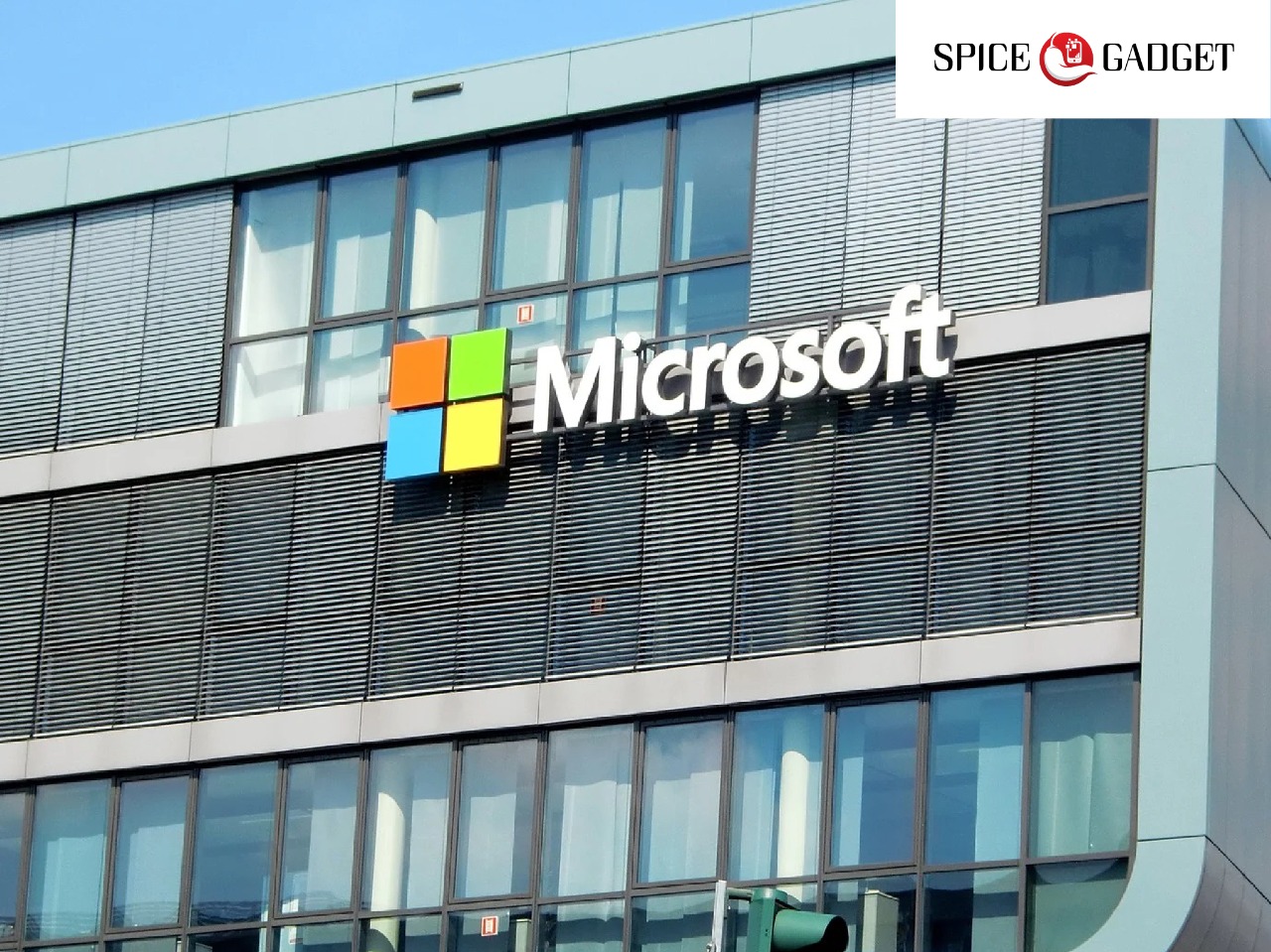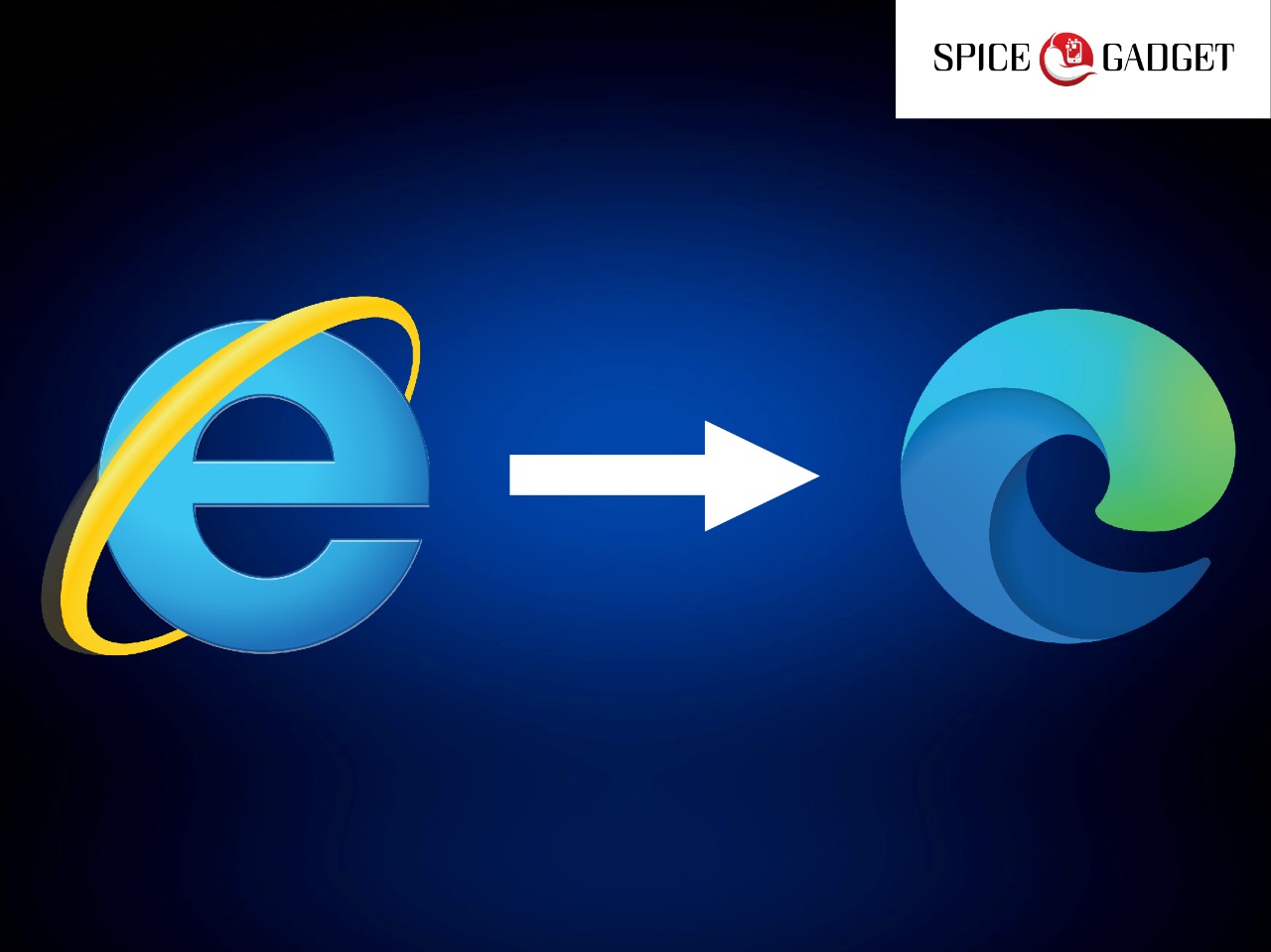As an aspect of its June protection upgrade, Microsoft patched the Microsoft Support Diagnostic Tool (MSDT) for the newly revealed and frequently abused “Follina” negligible bug.
The repair is one of the most important of the firm’s Sixty safety patches announced Wednesday to tackle risks throughout its brand range. CVE-2022-30136, a distant program exploitation vulnerabilities in the Desktop Network File System (NFS); CVE-2022-30163, an RCE in Windows Hyper-V; and CVE-2022-30139, a local program executing weakness in the Windows Minimal Addressing Scheme, were all rated as serious by Microsoft.
Read more: FCC filing: support fast charging on galaxy watch 5
The majority of the numerous different flaws, such as numerous vulnerability exists glitches, were rated as “essential” by Microsoft.
Windows, Office, Edge, Visual Studio, Windows Defender, SharePoint Server, and the Windows Lightweight Folder Stipulated Conditions were among the commodities impacted.
Follina Discrepancy Repair
Owing to how frequently the Follina vulnerabilities (CVE-2022-30190) has been targeted in the field, cybersecurity professionals have designated the fix as an emergency. The MSDT problem, which was discovered on May 30, essentially allows hackers to launch malware virtually through Word processing, although if extensions are disabled. The vulnerabilities, according to Microsoft, allows hackers to see or erase information, download applications, and generate fresh profiles on infected PCs.
Three Crucial Deficiencies to Address Right Away
Dustin Childs, the telecommunication supervisor for Trend Micro’s Zero Day Action plan, characterised the crucial CVE-2022-30136 scheme vulnerabilities as “eerily similar” to an NFS glitch that Microsoft repaired steadily for the past pay period (CVE-2022-26937), which enables assailants to implement pampered software on known vulnerabilities, in a previous article. Based on ZDI, hackers may take advantage of the weakness by making specifically designed RPC requests to a susceptible host. The main noticeable variation between the fixes is whether this season’s upgrade addresses a flaw in NFS V4.1, whereas previous years budget upgrade addressed two previous NFS editions, he explained.
A further repair to deploy right now is for the global program activation vulnerabilities in Windows Hyper-V (CVE-2022-30163), according to intelligence officials. It is a weakness that, according to Kevin Breen, head of cybersecurity analysis at Immersion, is expected to have been of considerable interest to hackers if a mechanism for quickly attacking it is uncovered. The issue allows hackers to travel from a guest’s virtually equipment to the hosts and get control of every one of the program’s operating virtualization. Nevertheless, leveraging the issue is difficult at only for the time being and needs the adversary to overcome an undefined racing situation, according to Breen’s communicated remarks.











